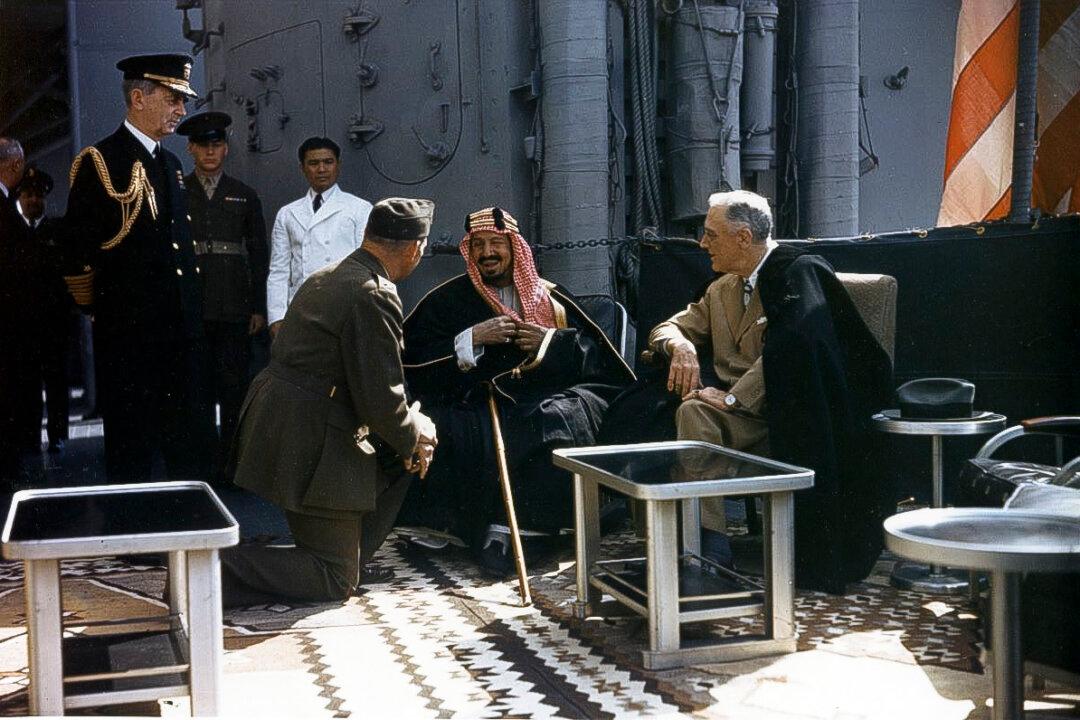World War II historians and history buffs acknowledge that Adolf Hitler’s plan to invade the Soviet Union via Operation Barbarossa in the summer of 1941, spelled the end of the Nazi war machine. Following its two years of territorial expansion, Germany seemed an unstoppable force. The Soviet Union, with its depleted military command, due to the years of Stalin purges, and dated military technology, seemed ripe for invasion. Its ripeness proved exaggerated.
There were many factors for the Nazi failure in the Soviet Union, and Prit Buttar, in his new book, “Hero City: Leningrad 1943–44,” is able to identify many of those factors by focusing on one of the major areas of conflict: the siege of Leningrad.






